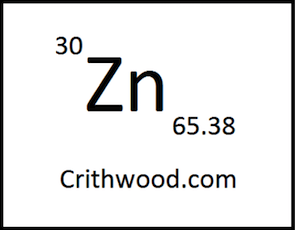
-----
Energy efficiency in galvanizing plant
Building a new galvanizing plant, I would like to know if I should use gas heating units or keep on using electricity.
Senden GeraldChamber of commerce - Belgium
2007
2007
Senden,
You don't give enough information in your question for any definitive answer. For example, what is the price for a kWh of electricity and for gas?
But there are many factors you could consider also:
Continuity of supply: Short term (any interruptions?)
Long term? How long wil north sea gas last, then where will it come from, and how stable is that supply likely to be?
Physical arrangements: Gas installations are tidy and take no surface area of the kettle (side fired, not top fired), whereas electric can have many arrangements, including topside clutter.
Efficiency of heat use: Gas cannot put all its energy into the zinc, offgas has heat not put into the zinc, but electric uses all the heat to the zinc. But the waste gas from gas fired can be largely used for other necessary purposes like heating flux, degreaser etc.
Supply infrastructure: Pipes and cables big enough?
Each situation is likely to be different, but for an evaluation we did about 4 years ago, gas won by a factor of 2:1.

Geoff Crowley
Crithwood Ltd.
Westfield, Scotland, UK

2007
Sirs:
In the very long term, electricity from hydroelectric, coal or nuclear could be less expensive than fossil fuels. In North America, I know of two electric kettles near Montreal (both induction) and one in Washington State (resistance). All the others (general galvanizing) are natural gas. At near $100/barrel for crude oil, I would say "all bets are off." I also worked with an electric
(resistance) furnace near Johannesburg, South Africa. World-wide most kettles use natural gas, but in a few cases use heavy fuel oil.
Regards,
Galvanizing Consultant - Hot Springs, South Dakota, USA
Q, A, or Comment on THIS thread -or- Start a NEW Thread
